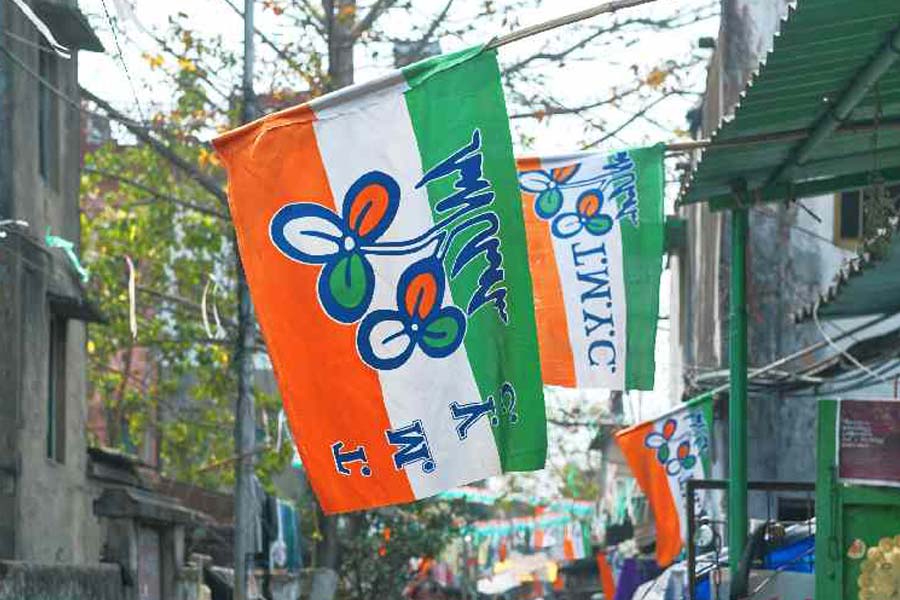 |
| Members of Plan India’s Samastipur Children’s Club light the ceremonial lamp at the event in Patna on Thursday. Picture by Ranjeet Kumar Dey |
Corporal punishment is meted out to a primary school student. The headmaster, despite being informed about the incident, does not take action against the teacher concerned. Once the matter is forwarded to the panchayat through a non-government organisation (NGO), the headmaster seeks an explanation from the teacher
A teacher directs a middle school student to buy gutkha for him. On first instance, the student agrees but refuses the second time and is punished for it. The matter is again reported to the NGO, which counsels the child. Post-counselling session, the child decides to report the matter to the principal. As the principal appears unwilling, the child tells the principal he would go to the block development officer
A pan-India study conducted by an NGO, Plan India, revealed students of government and municipal schools are the worst sufferers of corporal punishment with 62 per cent cases reported from such institutions.
The NGO put forth such figures today at a state-level consultation to support its global campaign “Learn without fear”. Dignitaries, including Ramdeo Prasad, the chairperson of Bihar State Child Labour Commission, and Nisha Jha, the chairperson of Bihar State Child Rights Protection Commission, attended the programme supported by Nidan, another NGO.
According to the 2007 study of Plan India, Bihar ranked among the top four states in all forms of abuse.
Nidan recorded corporal punishment at every school it visited for conducting its survey. Project director of the state chapter of Nidan Ratnish Verma said: “During our study, we found corporal punishment at every government school we visited in Bihar. We also found that National Commission for Protection of Child Rights guidelines on corporal punishment in schools were hardly followed anywhere. Right to Education Act norms are also not followed by schools holistically.”
During the consultation programme, Tushar Kant Das, the state manager of Plan India, said: “Learn Without Fear is a global advocacy campaign of Plan India. It calls for preventing all forms of violence against children in schools. Corporal punishment has long-term devastating consequences on a child, as it shatters his/her confidence and restricts development. In many cases we have also found that the child cannot complain to a person or family member as he/she thinks it would lead to bigger punishment.”
Earlier, members of Samastipur Children’s Club staged a street play depicting corporal punishment in schools and discrimination of teachers against differently abled children. Jha said: “The children brought out the real pain of the differently abled children in their performance. I would request the organisers to plan more plays for children in the villages. They should be aware of such discrimination and how to cope with it.”
A source said Plan India, as part of “Learn without fear”, has formed children’s clubs in several villages to spread awareness on corporal punishment and its effects on children.










